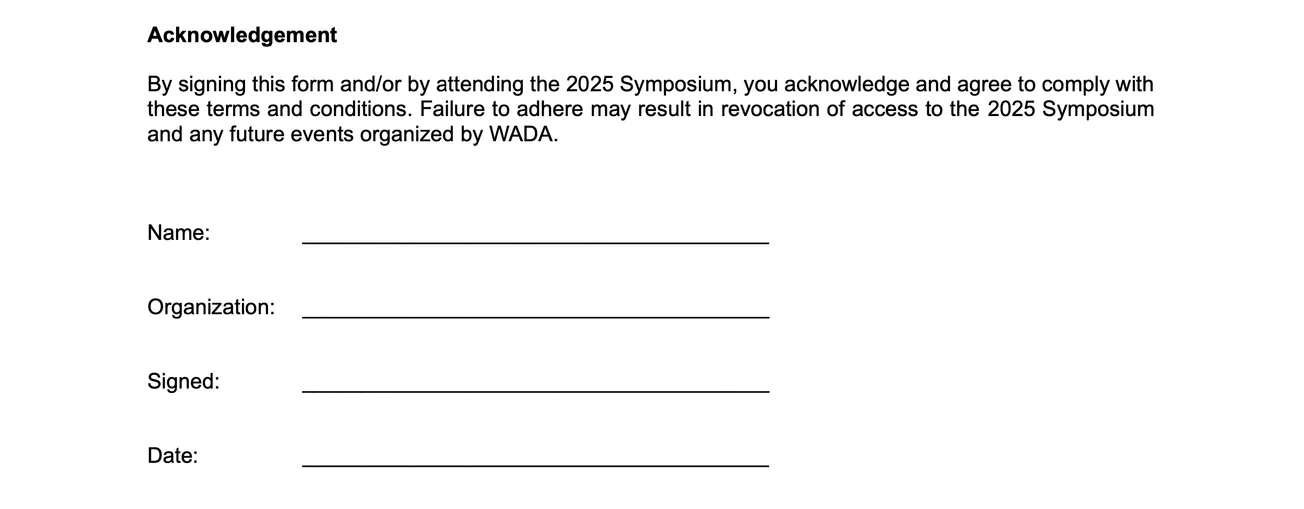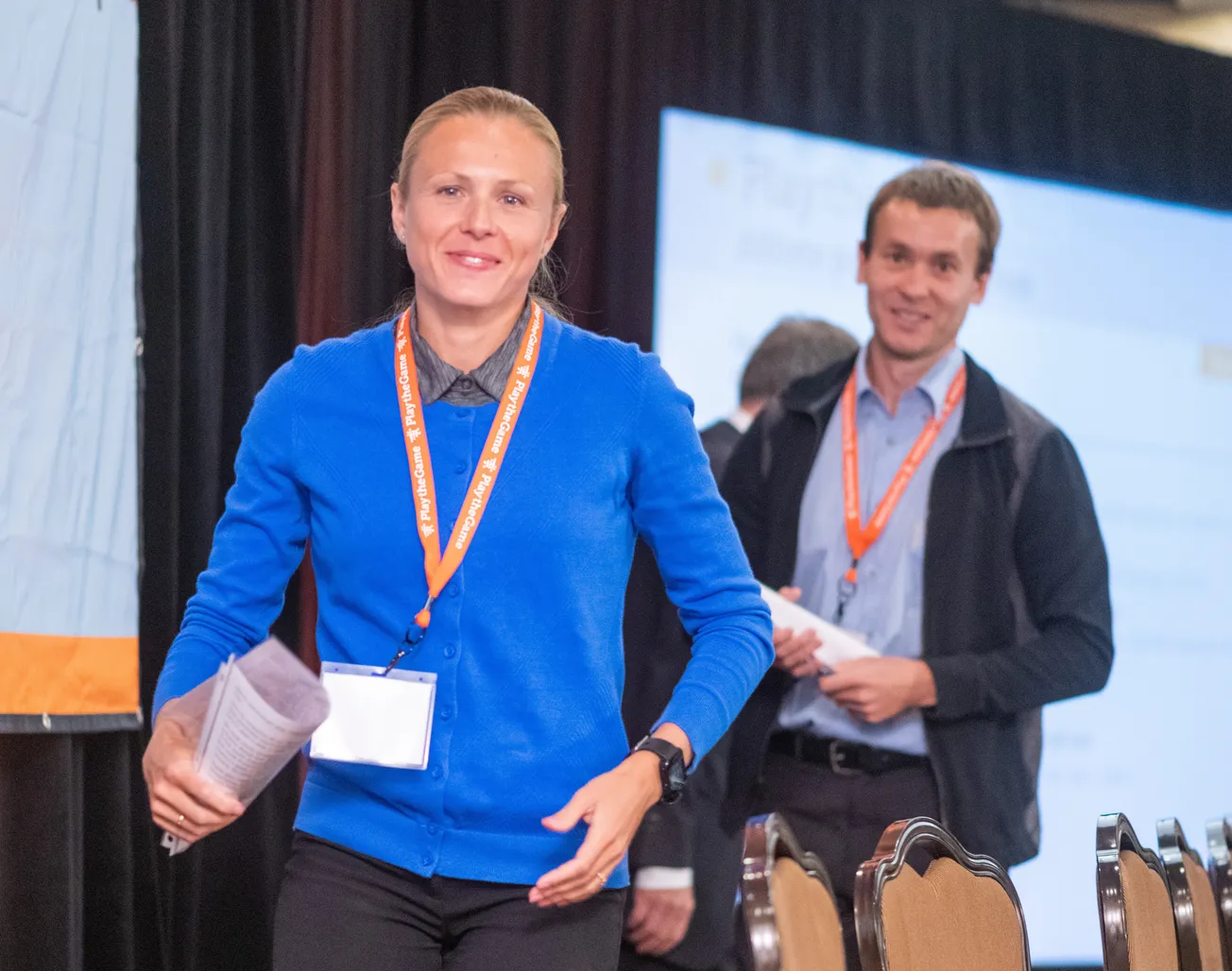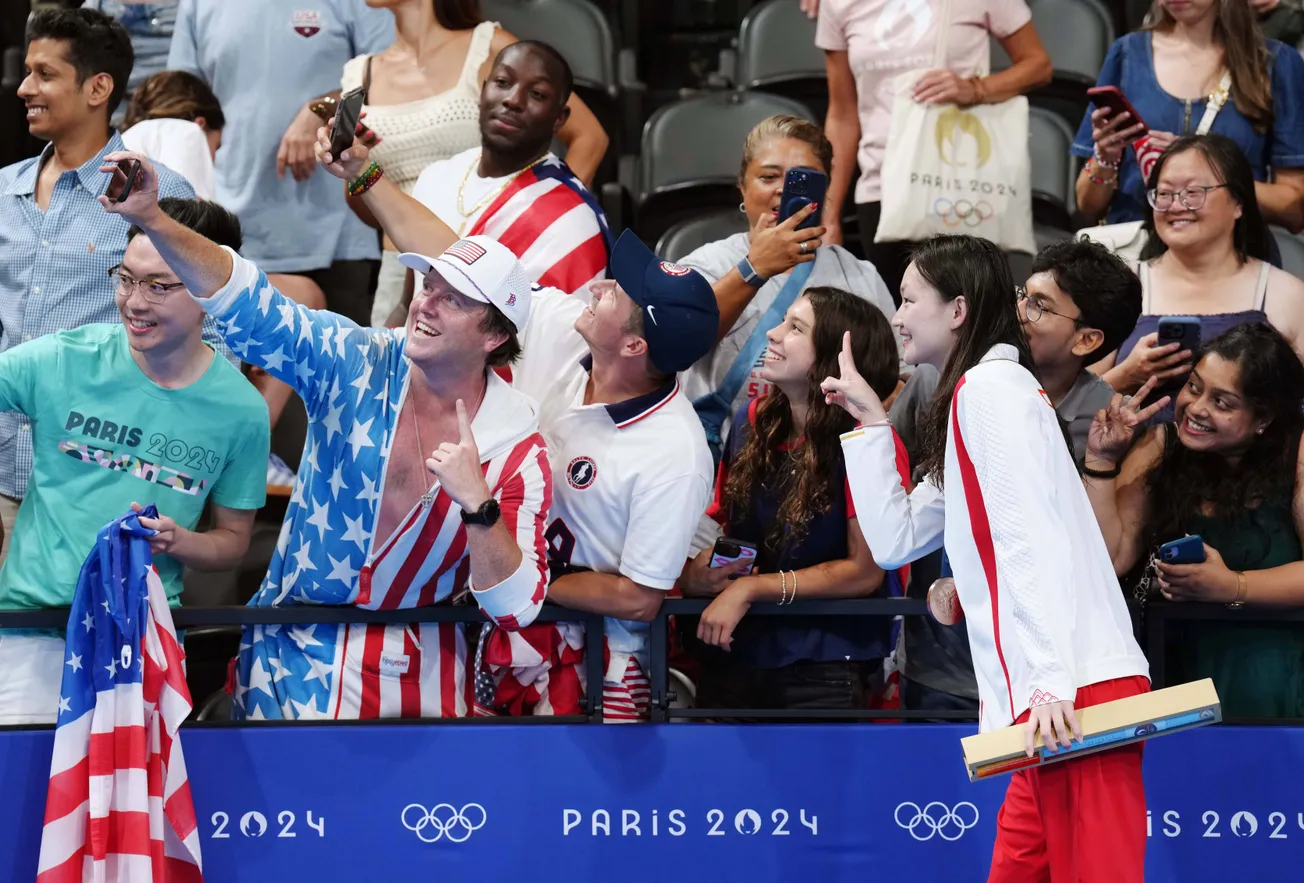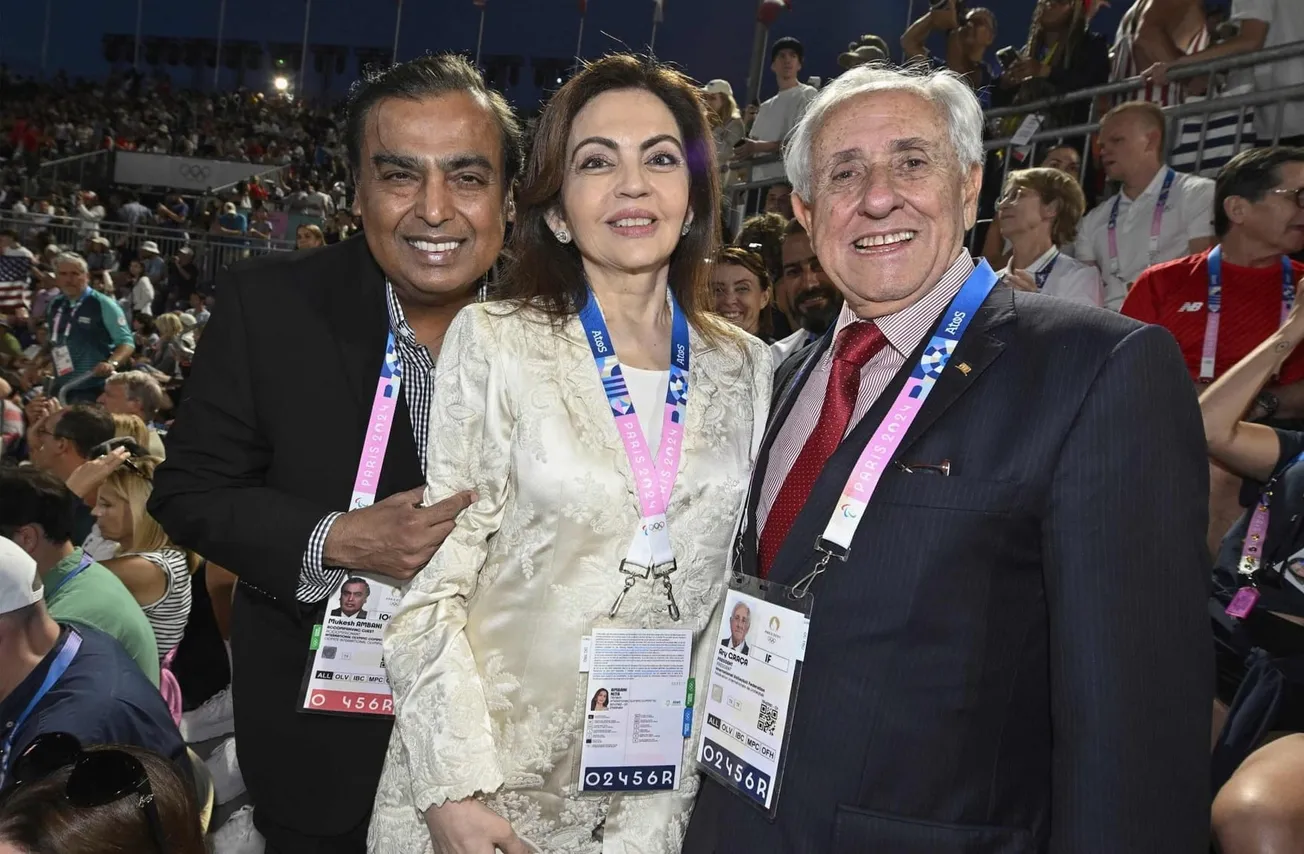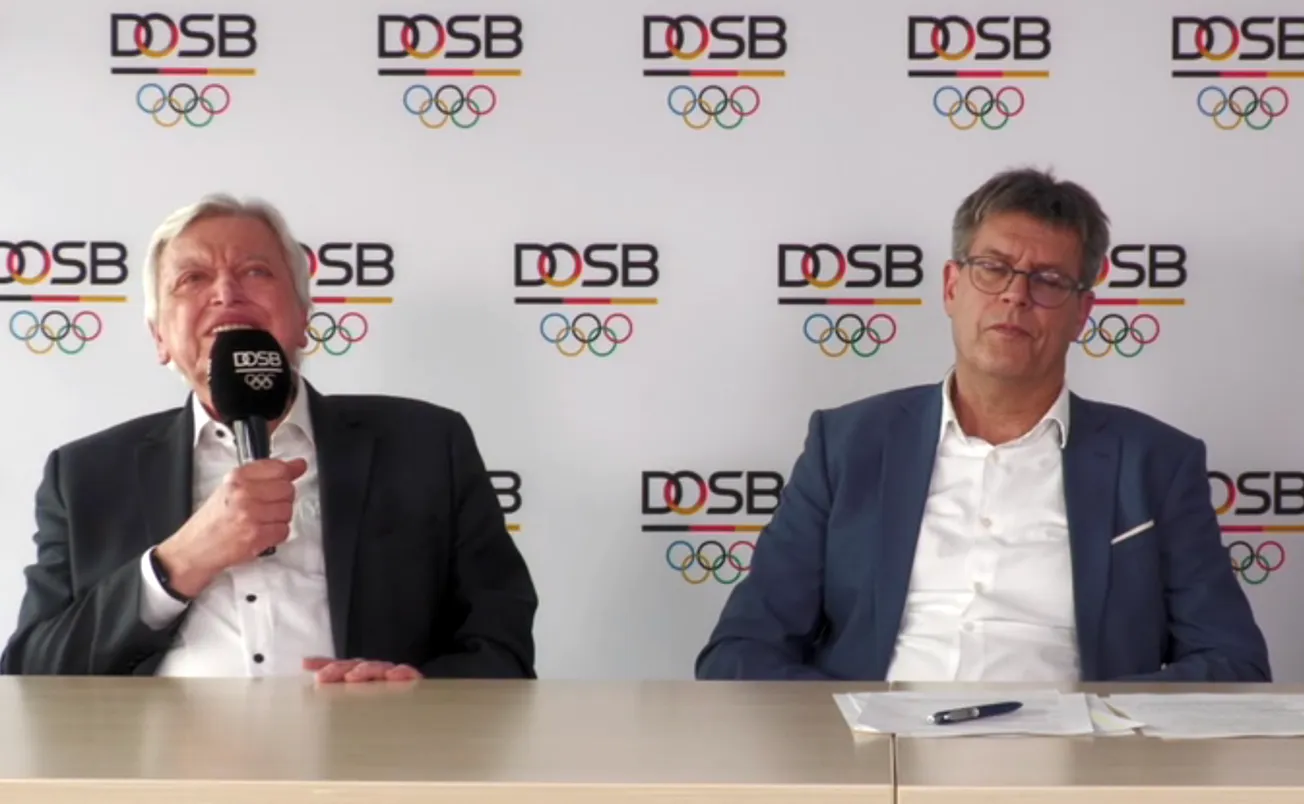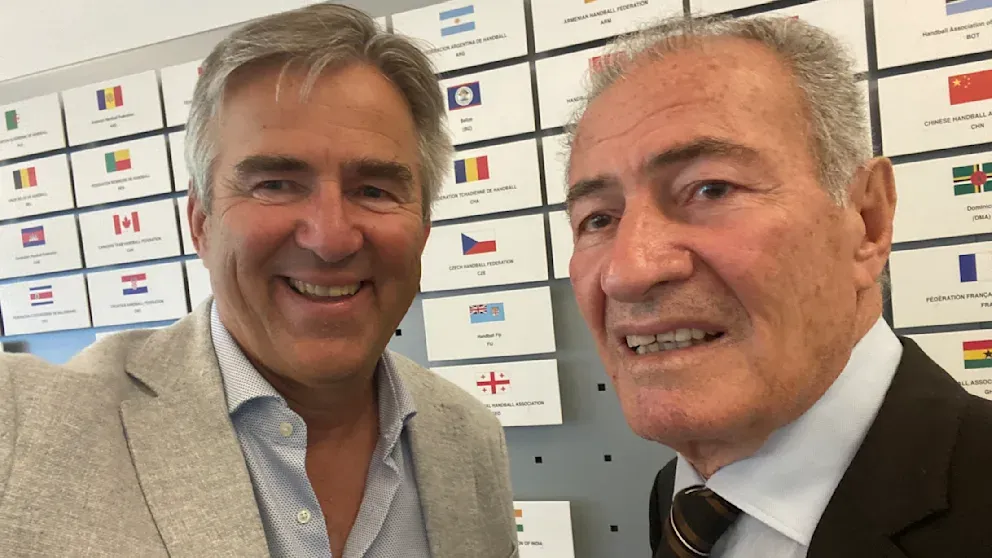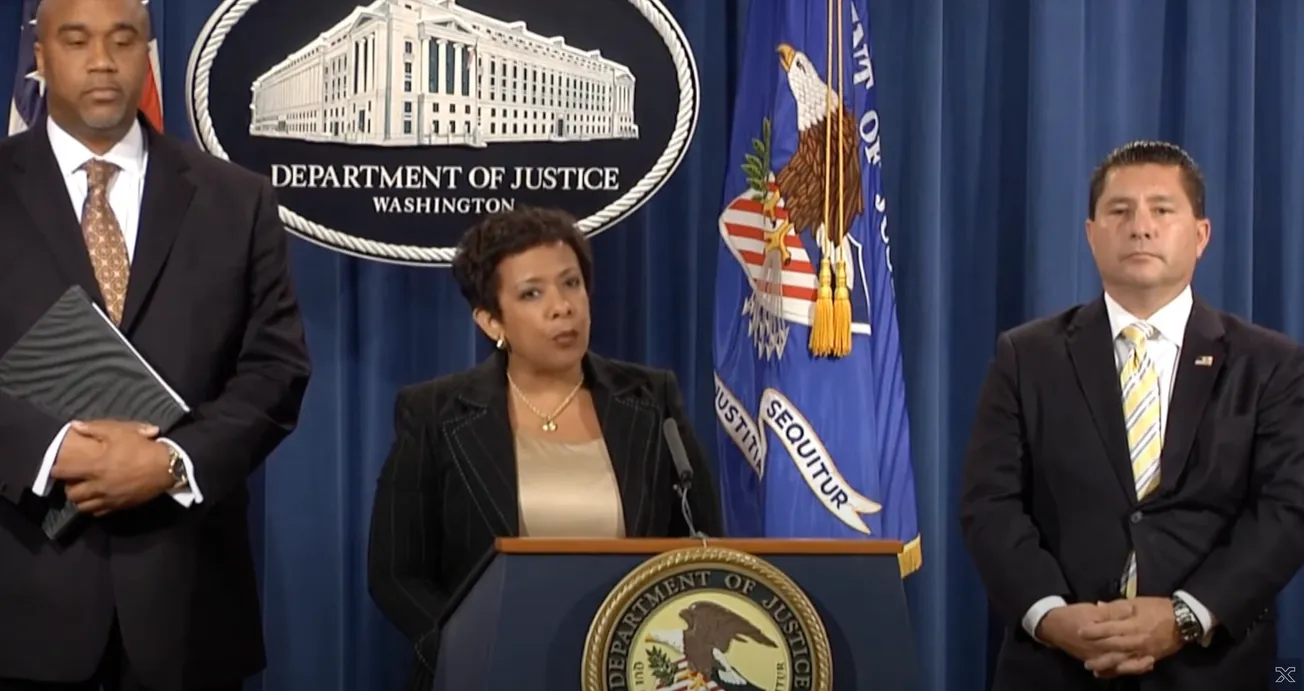The Court of Arbitration for Sport (CAS) announced just after 3pm today CET the verdict of Kamila Valieva's appeal against decisions in a three-way dispute: Valieva V the Russian Anti-Doping Agency (RUSADA); the International Skating Union (ISU) v. Kamila Valieva, Association Russian Anti-Doping Agency (RUSADA); World Anti-Doping Agency (WADA) v. Association Russian Anti-Doping Agency (RUSADA) & Kamila Valieva).
The four-year suspension, starting on 25 December 2021, means: the ban will be lifted in time for the 2026 Winter Games.
WHAT. ABOUT. THE ENTOURAGE. pic.twitter.com/sPBmWTDSKr
— SkatingScores (@SkatingScores) January 29, 2024
The long-delayed decision followed a drawn-out process and hearing at the CAS in Switzerland late last year and comes on the cusp of the two-year anniversary of the finals of the team figure skating competition at the Beijing Winter Olympics on February, 2022, when Russia won the gold medal, the United States won the silver medal and Japan won the bronze.
The athletes were not awarded their medals because news of Valieva's positive test, registered before the Games started but not announced, followed hot on the heels of Russian celebrations after the team event in Beijing.
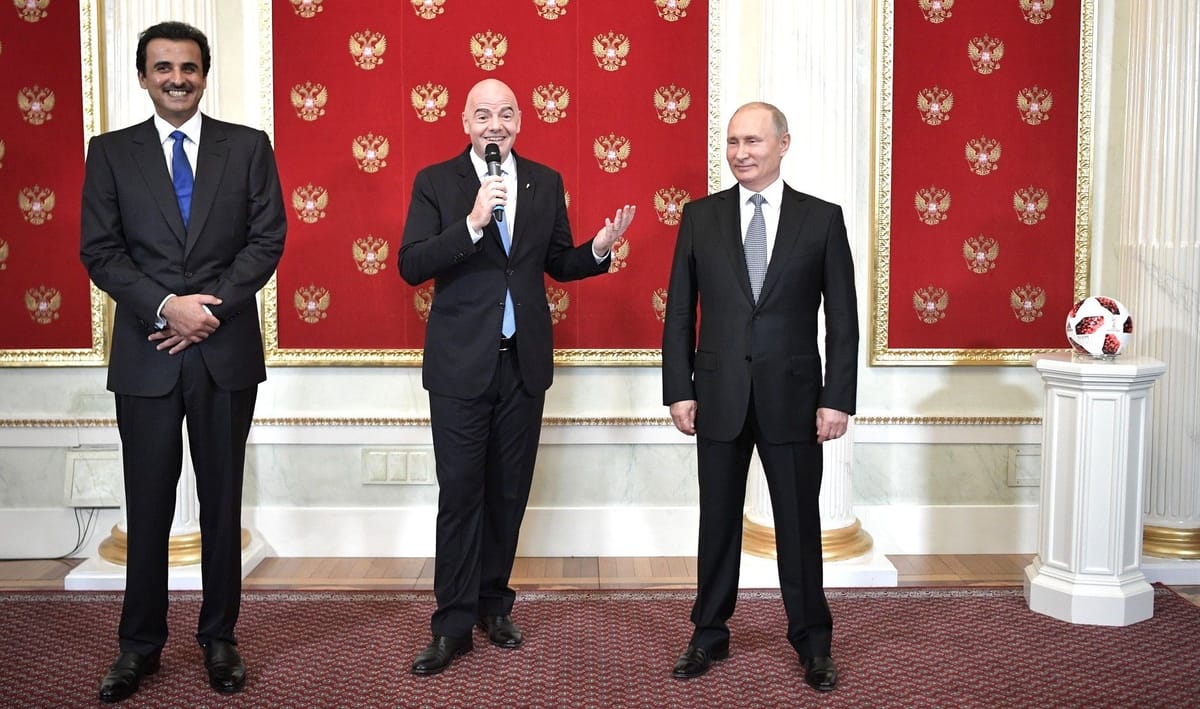
It was the first time that an Olympic medal ceremony was actually cancelled but cannot be said to be the first time athletes have waited two years (or many more) to receive their rightful rewards after competitions in which the gold, silver and in many cases the bronze, too, went to the doped athletes of one nation. Not long after the Berlin Wall fell in 1989, the first confirmation of the East German state secret doping plan came flooding in – but the crime still stands as the official record of the Olympic Games throughout the 1970s and 1980s.
Russia's doping scandal, stretching back more than a decade now has also been lambasted for its systematic nature.
If the Valieva scandal began with the doping of a young teenager, the saga took off the day after the 2022 Olympic team figure skating event ended and the Russian then-15-year-old star was revealed to have tested positive for the banned substance trimetazidine six weeks earlier at the Russian championships.
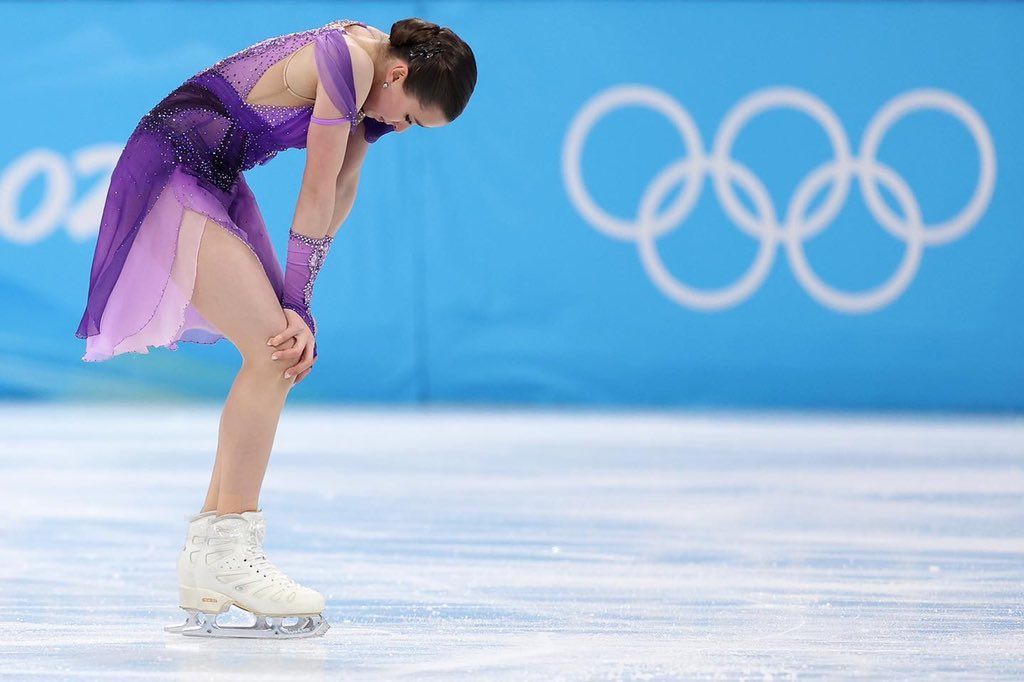
The International Olympic Committee (IOC), then still honouring Vladimir Putin as a great friend of the Movement and recipient of the Olympic Order, floundered and decided that no athletes would get their medals if they could not give the teen her prize: the rest would just have to wait.
The United States, about to be elevated from second to gold had the biggest vested interest in a result and U.S. Anti-Doping Agency CEO Travis Tygart summed up his feelings when he told U.S. media at the close of the CAS tribunal last year:
"Everyone deserves a well-reasoned decision based on the evidence but for this sorry saga not to be resolved already has denied any real chance of justice. The global World Anti-Doping Agency system has to reform to ensure no athlete is ever robbed of their sacrifice, hard work or due process, including their rightful moment on the podium."
The Valieva Verdict
- A period of four (4) years ineligibility is imposed on Ms Valieva, starting on 25 December 2021.
- All competitive results of Ms Valieva from 25 December 2021 are disqualified, with all the resulting consequences (including forfeiture of any titles, awards, medals, profits, prizes, and appearance money).



